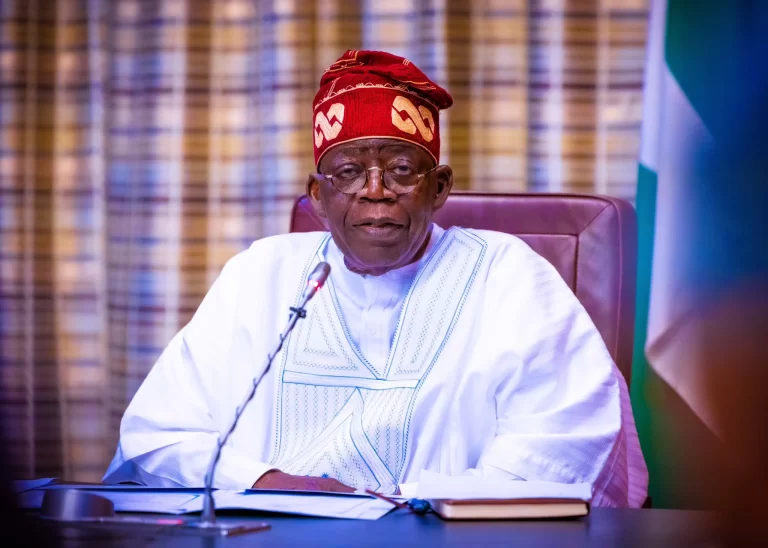Following the agreement reached by the Federal Government and organized labour over the N70,000 minimum wage, the Organised Private Sector of Nigeria (OPSN) has expressed concern over its ability to pay the newly approved minimum wage.
Arogidigba Global Journal recalls that the leadership of the workers’ union accepted the N70,000 minimum wage because President Tinubu promised to support the private sector in paying the new minimum wage.
However, the OPSN asked the Federal Government to immediately announce the proposed support it promised organized businesses to enable effective planning.
They stated that private organizations are overburdened by high production costs and other necessities.
The Director-General of the Nigeria Employers’ Consultative Association (NECA), Mr. Adewale-Smatt Oyerinde, stated this on behalf of the group, though the group commended the federal government for approving the new minimum wage.
He pleaded with the federal government to reverse the increase in electricity tariffs, ensure the CBN redeems all outstanding forwards for companies in the productive sector, put a freeze on the introduction of new taxes and levies on businesses for the next five years, and provide a duty exemption on imported conversion kits along with government subsidies on their procurement.
According to him, there is a need to implement reforms that would strengthen the private sector’s ability to pay.
He said, “While we commend the president for putting to rest the immediate issue of the National Minimum Wage, we also note, most importantly, his commitment to support the sub-nationals and the organized private sector in paying the new wage.”
The NECA DG noted that during the consultations with the National Minimum Wage Committee, the OPS expressed concern about its ability to pay the N62,000 recommended by the tripartite committee.
“In fact, the N62,000 was premised on the understanding and agreement by the government representatives that the government would take definite steps to reduce the current economic burden on the organized private sector,” he said.
According to him, the ability to pay remains a fundamental consideration.
